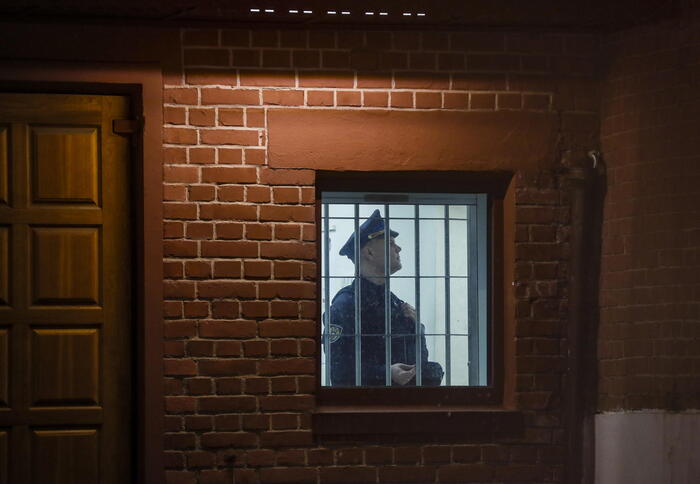He has now really hiked, written and fought for the prize. The Austrian Peter Handke, for over 50 years writes and writes and wanders, always in search of the "true feeling", the one word that redescribes the world.
During the Yugoslavia wars, when he resolutely sided with the Serbs, it seemed he had taken on the whole Western world, with the journalists, above all, his favorite enemies. "You all think you know what the truth is?" He wrote to the reporters. And set his self-observed and perceived truth against it.
In Carinthia, near the old, still united Yugoslavia, he grew up. The dreamland beyond the border. He has transfigured it, traveled and put his poetic power against any journalistic reality in many books in position. Until the end. He arrived at the funeral of Slobodan Milosevic. "Queasy feeling," as he later said in the conversation. But with the death of this man he has also ended his own futile struggle: "I have dreamed, it is over now." By going to the funeral, I have buried it. "
Where is the benefit of the work of Peter Handke?
How does the Nobel Academy get to give such a prize to someone? And this after all the scandals around the Academy, which even led to the price not being awarded for a year. Are they crazy? Cocky? Now to award the Nobel Prize to the singer of the Song of Songs of a probably responsible, not convicted, mass murderer?
Does not the statutes mean that every Nobel Prize should go to people who have brought "the greatest benefit to humanity"? Where is the benefit of the work of Peter Handke? Who, without ever having used the word, has been the sharpest literary critic of so-called fake news of the last decades in Europe. Fake, Fake, Fake - is all the journalists write. In every first sentence he reads the tendency. And if he reads "Tendency", let it be. He was for the open. At least try to write openly and without judgment.
That was and this is Peter Handke's experiment. That he himself did not live up to his own wishes at the time of the war in Yugoslavia, he himself saw in quiet hours. The superiority of the experts seemed to him overpowering. He wanted, he had to be loud and unfair. That's how he saw it.
photo gallery
12 pictures
Nobel laureate Peter Handke: In search of the "true sensation"And today, in the face of this - in spite of all scandals so glorious - honorary award, must, no, one can say: that he has earned this prize with his literary work, this colossus of nearly a hundred books. He has earned him for many, many other books.
Be sure to read, for example, "Wishful Wish," the farewell book by his mother, who committed suicide. Anyone who has written such a true, sad, self-opening, great book has immediately earned the Nobel Prize. Or his hovering "Weight of the World" notices, his plays that really shocked the audience when they first hit the stage. "Public abuse" for example. And then again the very different, poetic piece: "The hour when we did not know anything about each other". A piece without words, full of new ideas of man and his yearnings and malice.
Ready for arrogance right from the start
They called him "the girl" in the beginning, all those who did not want to take him seriously, this pale little girl with the thin mushroom hairstyle and the big glasses, which seemed to blow over a strong breath. "The Girl", then at the Group 47 meeting in Princeton. There he sat in one of the front rows, holding his index finger under his nose - a bit like "Vickie the Vikings", if he has an idea again - next to him Teofila Reich-Ranicki.
And he thought to himself: How do I do it? How do I do it that I become famous and immediately? His publisher Siegfried Unseld had actually warned him: "Do not get cocky," he had said after his first book "Hornets" had been praised in the FAZ.
But Handke was ready from the beginning to exuberance. And he got up, in Princeton, the entire literary establishment of the Federal Republic was there. The critics. The poets. The stars. And he said that's not good for anything here. And he invented the beautiful word of "descriptive impotence". Slender men with limp lyrics. Here comes Handke. Grass, for example, found it ridiculous. At a party afterwards he wrote the pale Austrian on the hat brim: "I am the greatest". And then put it in a newspaper text, which he wrote as "request for better enemies."
They did not get better. He was already the best. And the Nobel Prize-winning "Greatest" was actually the enemy of that time, Günter Grass. And today the scoffers get right. He certainly never wanted to be so right. He really has become the greatest. Nobellized with the Nobel Prize. Congratulations!








